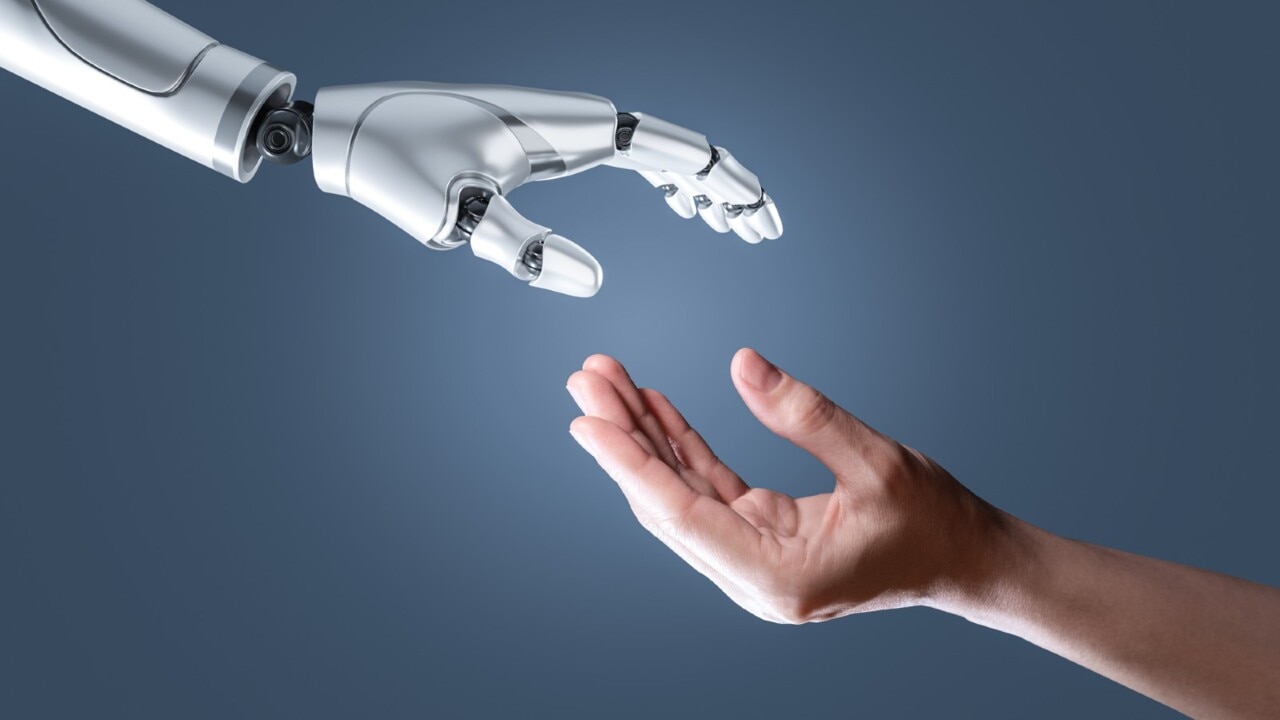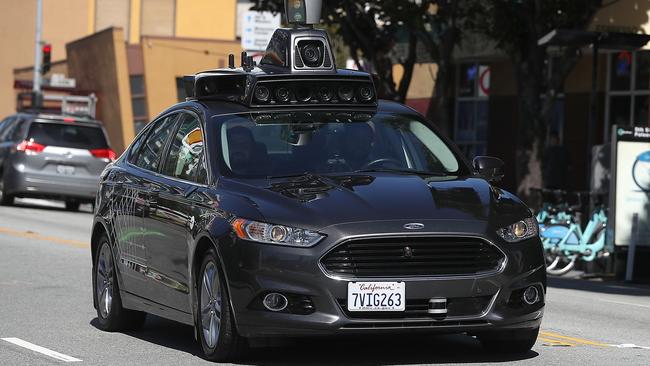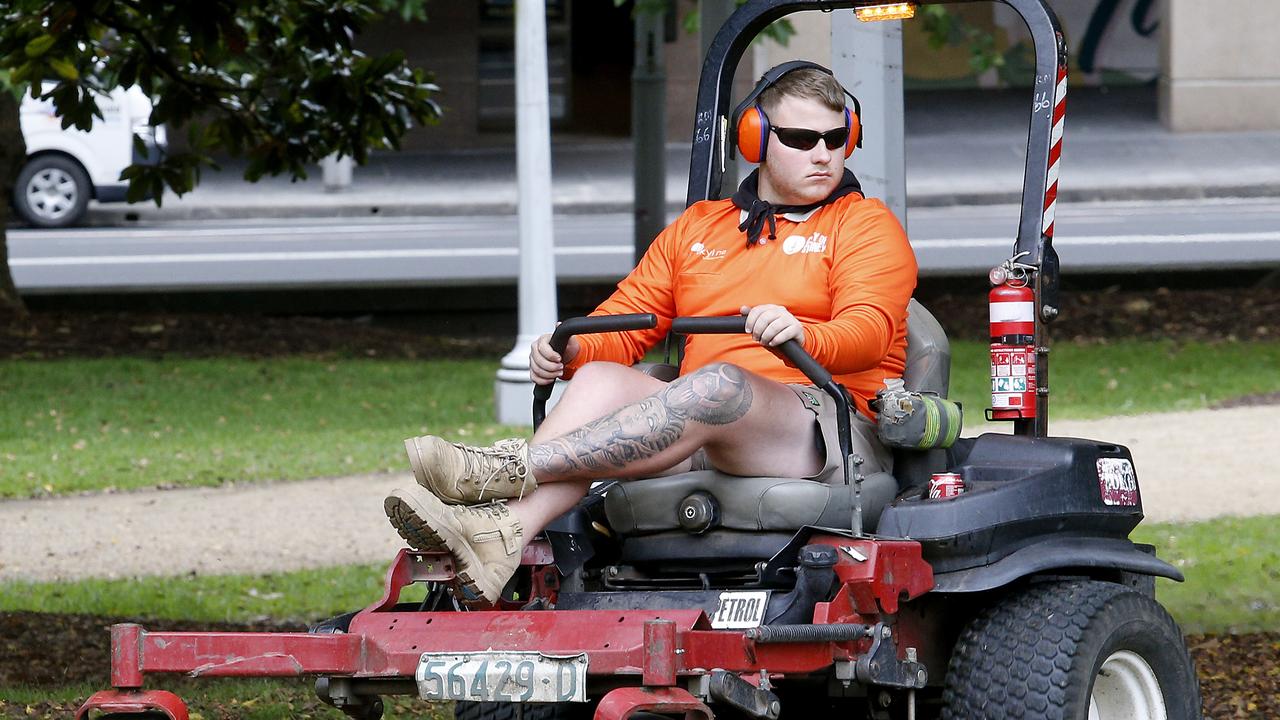Work revolution Australia simply isn’t ready for
Workplaces are on the brink of change not seen since the industrial revolution but there’s a worrying sign Australia isn’t prepared.

At Work
Don't miss out on the headlines from At Work. Followed categories will be added to My News.
ANALYSIS
The global economy is on the verge of a new industrial revolution.
The first iteration happened in the 19th century and changed everything about how humans made things. Automation injected immense efficiencies and productivity gains.
This time, the doing of things by people – services – is about to be revolutionised. Again, automation is coming, but this time via Artificial Intelligence (AI), which can be trained to do any job within a closed data loop.
Yet that is far from the full extent of it. AI is converging at incredible speed with other trends to deliver four interlocking solutions to structural human problems:
1. Artificial Intelligence (AI) will likely rationalise every office on earth, ending drudgery.
2. Weight loss drugs combined with AI could dramatically improve health outcomes for developed market populations, boosting labour participation and reducing health-related drags.
3. China is in structural decline via the five dooms – demographics, debt, deflation, deglobalisation and dictator – guaranteeing commodity deflation and limiting military adventurism.
4. Peak oil demand is almost here as AI delivers robot vehicles, dramatically lowering the cost of transport.

The US economy is driving this new industrial revolution. Its digital titans are already monopolising AI. Its immense services sector will deploy it the fastest. Robot cars are rolling out in more and more cities. It is the fattest and has the most to gain from weight loss drugs.
The US economy stands at the edge of a leap in productive capacity:
– Goldman Sachs estimates that weight loss drugs alone can add 3 per cent to GDP.
– AI could replace one-quarter of US jobs by 2030.
– Electric robot cars will mean nobody needs their own vehicle. Fleets of Uber-like drones buzz the streets running on free energy, the number of vehicles needed collapses, and traffic disappears.
The US has the tightest labour market in the developed world. If combined with sensible regulation, the income gains from this productivity mega boom will be shared between capital via profits and labour via rising wages.

Generally rising living standards will create new jobs, and the transition may help cure another evil as that nation passes peak inequality.
Australia and AI
However, the story of Australia in this revolution is very different.
We have no tech titans to enjoy the profits.
Our major miners will likely be crushed for a decade by crashing iron ore as the imploding property market drags China inexorably into Japanifaction. This will suck income, taxes, nominal growth and profits out of the Aussie economy.
The efficiencies of AI and weight loss drugs will help offset this via big productivity gains in the services sectors.
However, the Australian growth model is based not on business investment like the US but on labour supply expansion via immigration. This places permanent pressure on wages, and any increase in productive capacity and income will accrue entirely to capital over labour. Broad living standards will likely not lift.

As the global productivity mega boom bypasses Australia, growth could slump into a chronically high unemployment scenario.
Canberra will likely respond the only way it knows how by increasing mass immigration even further to drive paltry and self-defeating growth, crushing workers and would-be homeowners under a tsunami of excess labour.
Unless or until another kind of revolution takes place.
David Llewellyn-Smith is Chief Strategist at the MB Fund and MB Super. David is the founding publisher and editor of MacroBusiness and was the founding publisher and global economy editor of The Diplomat, the Asia Pacific’s leading geopolitics and economics portal. He is the co-author of The Great Crash of 2008 with Ross Garnaut and was the editor of the second Garnaut Climate Change Review.
Originally published as Work revolution Australia simply isn’t ready for




